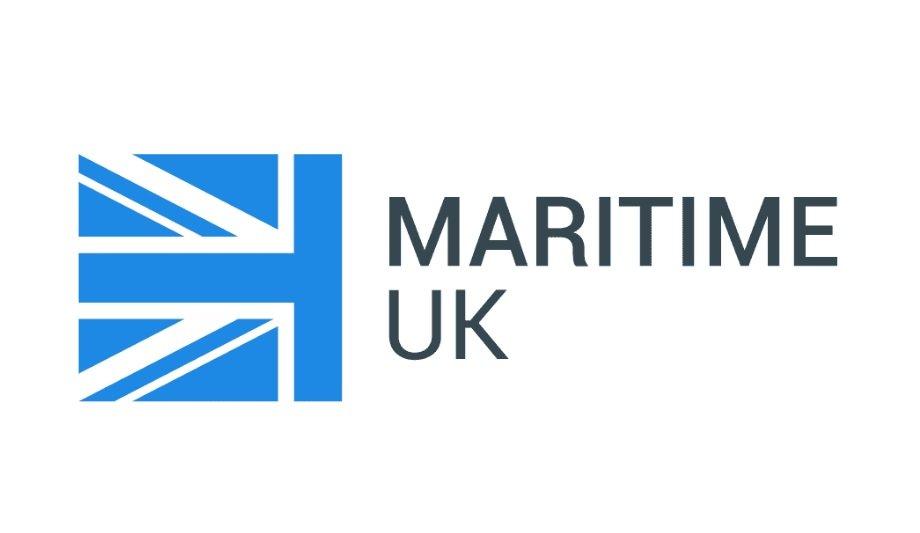As plans emerge that Maritime UK (MUK) is to support several potential stakeholders to establish a South East regional cluster organisation reportedly led by Dieter Jaenicke, Viking Maritime Group, they do welcome the continued emergence of MUK as a single leadership association for the maritime sector, as it strives to act as a conduit for bringing coherent sector support and reduced bureaucracy to add weight to arguments for infrastructure improvements and destination making, to stimulate economic growth.
As the CEO of the UKs largest SME Maritime network - National Maritime, based in the South East, along with 63% of the partnership, they see this as another positive and important positive step to removing the complexity, cost and confusion of the existing UK maritime trade association structure, to provide better support for the sector businesses and to make substantial savings for UK government.
Maritime trade associations
This move supports their long-advocated call to reduce the number of maritime trade association
This move supports their long-advocated call to reduce the number of maritime trade association bodies in the UK to 3 or less, since Maritime UK were first appointed by Government to do their bidding! After all, let’s not forget trade association membership is a business cost just like any other.
Each is evaluated to see if it has a unique value and if the association has a measurable legislative impact. What they are seeing today is an ever-increasing duplication of services and benefits from maritime trade associations, which no longer offer sufficient value for the sector or their members.
As borne out in the work of the recent National Shipbuilding Strategy refresh, the National Shipbuilding Office has largely been influenced by a selected few large maritime businesses who are powerfully bound together by common economic interests and a shared set of mentalities. Coincidentally, the same organisations that are the primary funders of MUK & Society of Maritime Industries (SMI).
Existing maritime organisations
The refreshed strategy failed to fully represent the position of 99.8 percent of all businesses in the UK, which of course are SMEs, as these existing maritime organisations simply do not have access to market intelligence or understand the breadth, diversity & capabilities of the UK SME maritime supply chain and so inadvertently, continue to blind-side government departments as to what is possible.
The MUK cluster initiative launched in 2019 by Mersey Maritime Ltd, for a reputed £450k franchise fee per region, which was to create 25,000 jobs, would appear to suggest that they are trying to improve the flow of information but with no real progress in this area, especially around the much lauded jobs target, it is apparent the majority of UK maritime SMEs are missing out.
